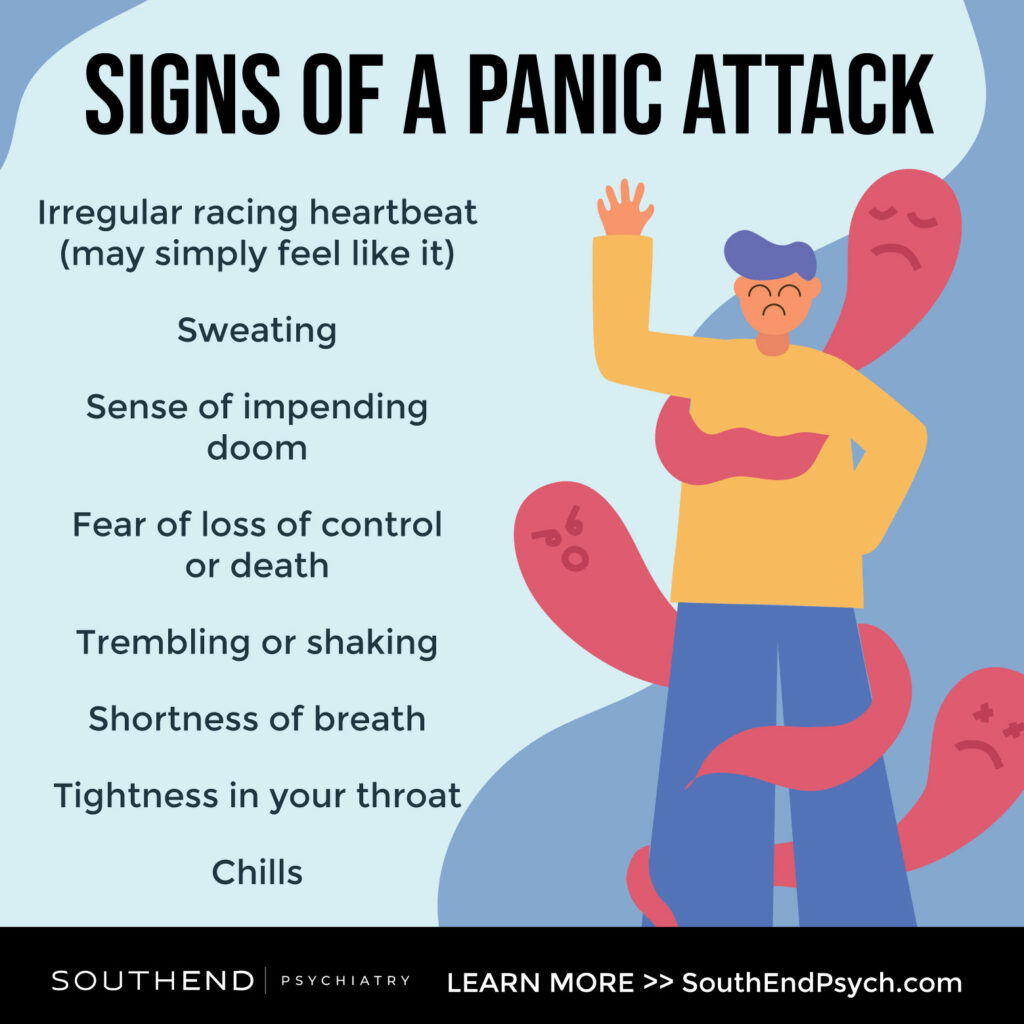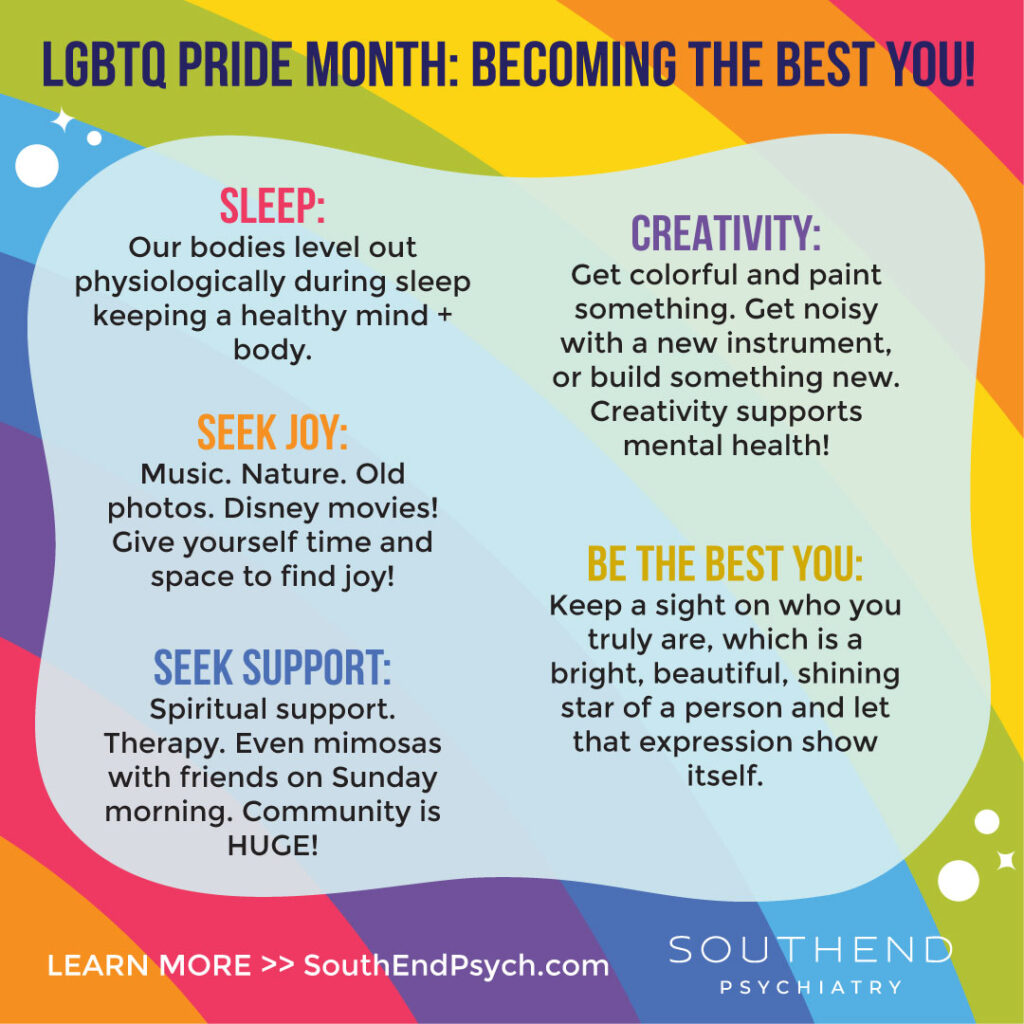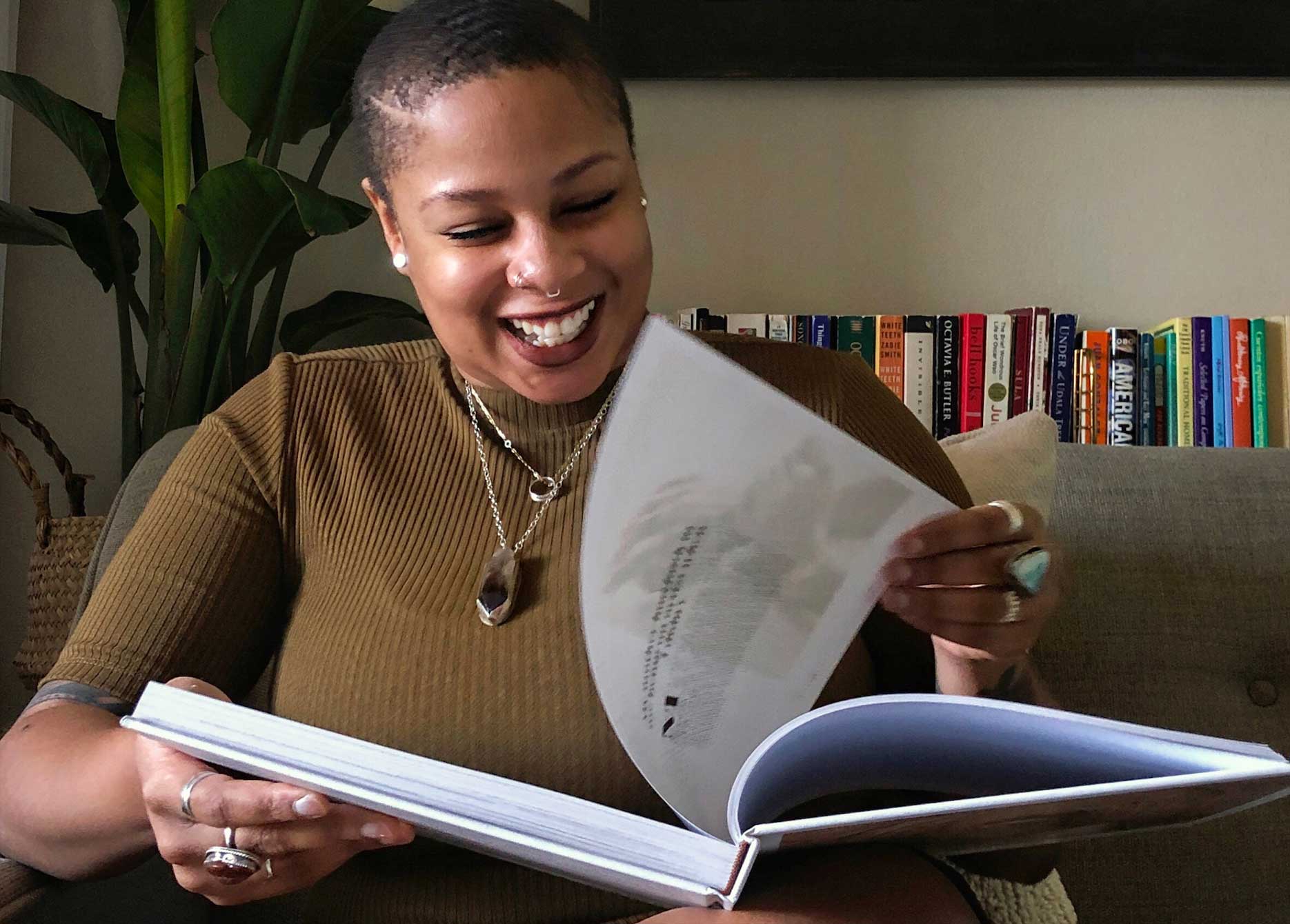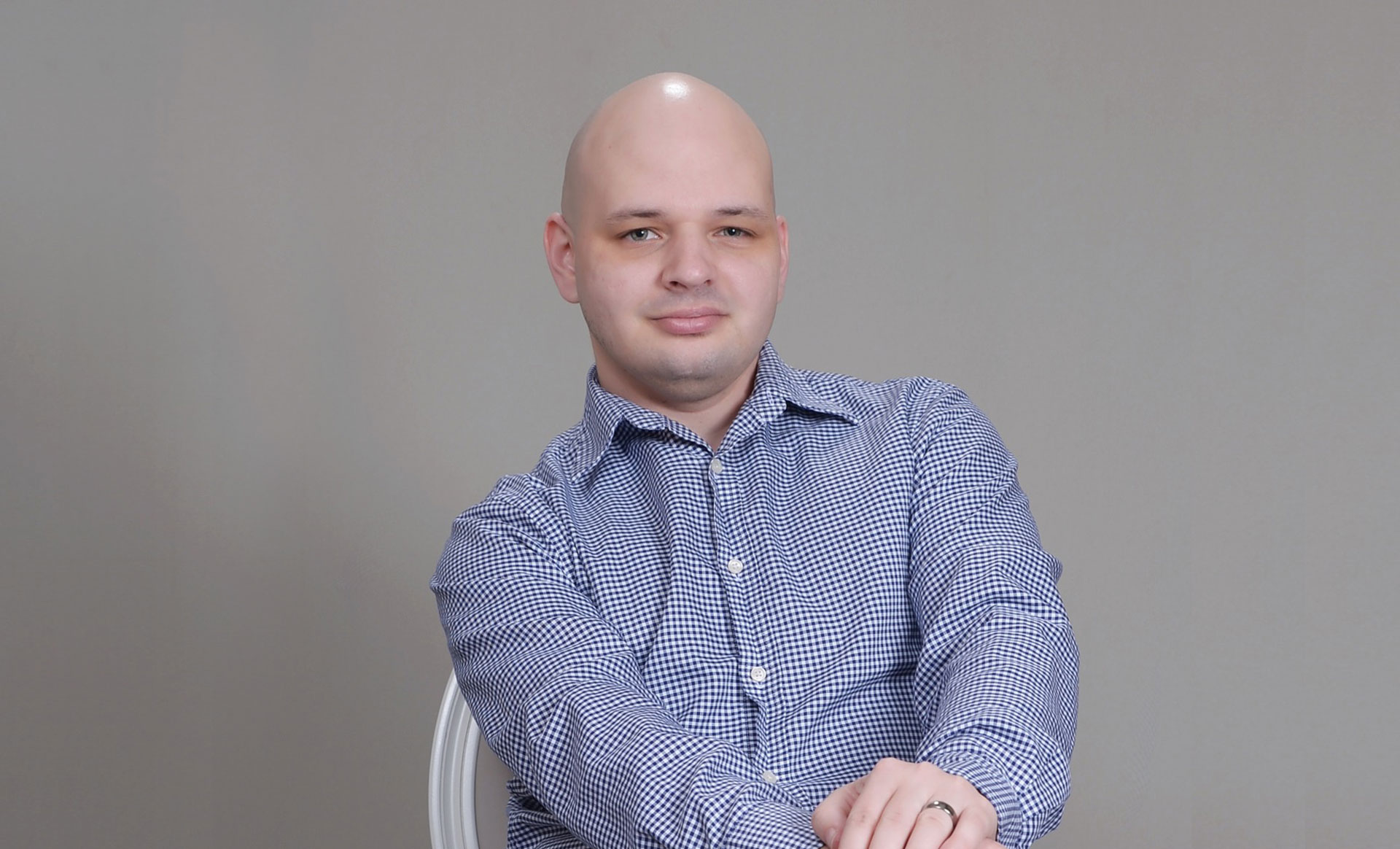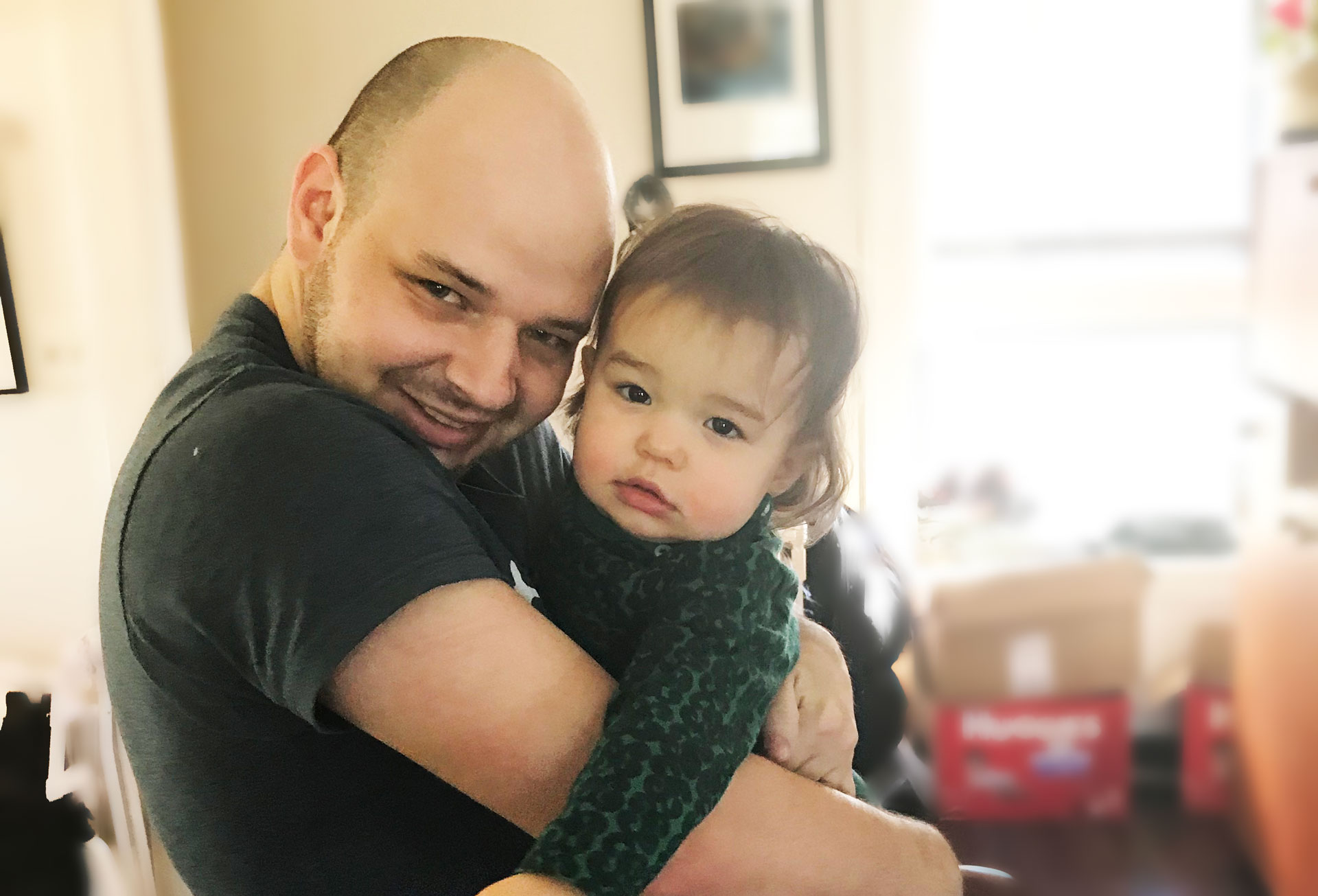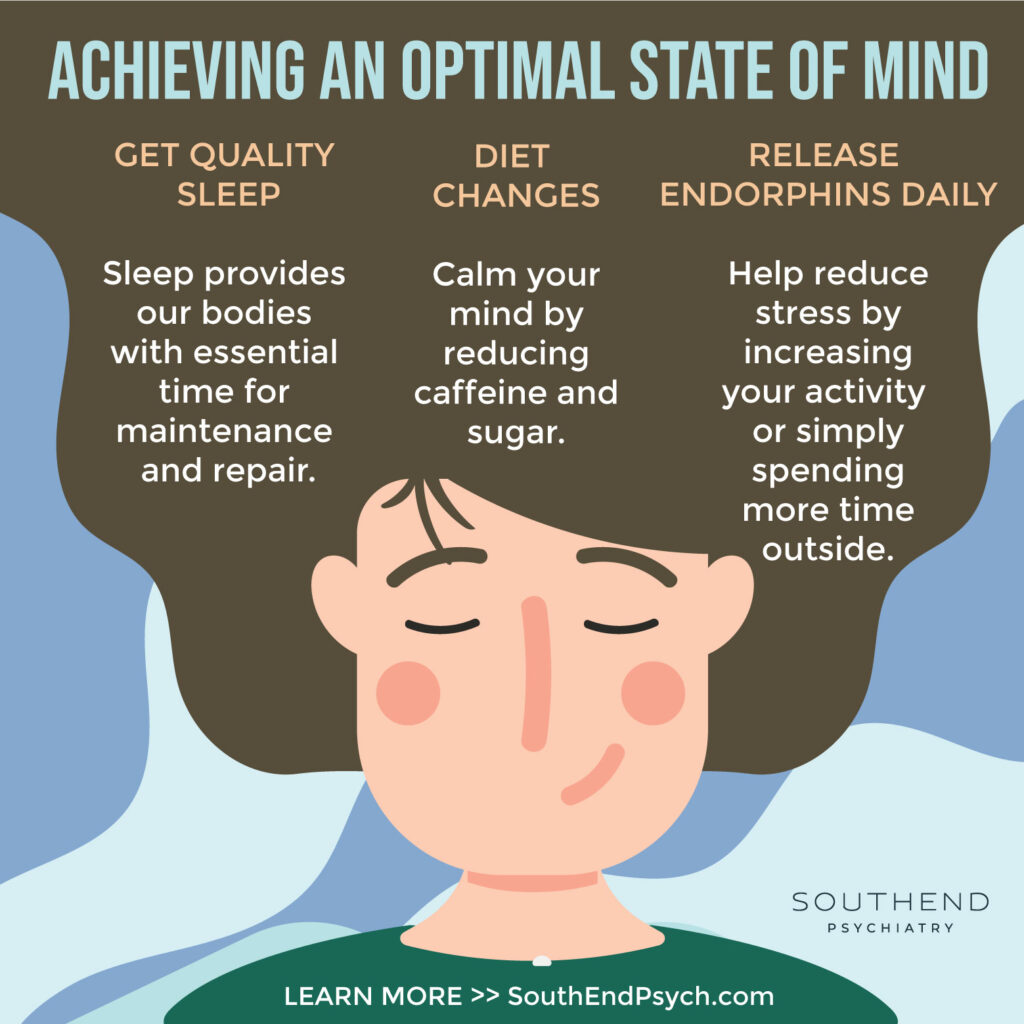In the US alone, about 1 in 10 people experience depression. From the pandemic to social unrest, there are many factors in today’s society that contribute to this rising mental health condition.
Psychology Today states:
“The trigger for depression can be almost any negative experience or hardship. Triggers can be external—losing a parent (especially when young), losing a job or developing a debilitating disease—or they can be internal and invisible, such a brooding over that most common of experiences, a failed relationship. People differ in their susceptibility, both by virtue of the biological heritage, their parenting heritage, their styles of thinking, the coping skills they acquire or deliberately cultivate, and the degree to which situations afford them the ability to control their fate.”
What is Depression?
Webster defines depression as a mood disorder that is marked by varying degrees of sadness, despair, and loneliness and that is typically accompanied by inactivity, guilt, loss of concentration, social withdrawal, sleep disturbances, and sometimes suicidal tendencies.
Signs of Depression
According to the latest edition of Diagnostic and Statistical Manual of Mental Disorders, depression can be considered an illness when at least five symptoms occur together for at least two weeks. Symptoms include:
- Feelings of sadness, emptiness, or hopelessness
- Irritability, angry outbursts, or low frustration tolerance
- Loss of interest in or ability to enjoy usual activities, from sex to sports
- Sleep disturbance, whether inability to sleep (insomnia) or sleeping too much (hypersomnia)
- Fatigue and lack of energy; everything feels effortful
- Appetite disturbance, including loss of interest in eating and weight loss or overeating and weight gain
- Anxiety, agitation, and restlessness
- Slowed thinking, moving, or talking
- Feelings of worthlessness and guilt, a focus on past failure, self-blame
- Difficulty concentrating, remembering things, and making decisions
- Recurring thoughts of death
- Physical pain such as headaches or back pain that has no clear cause.
How Can Therapy Help?
At SouthEnd Psychiatry, our therapy team first helps patients understand what thoughts, feelings and beliefs are contributing to their depression. We then begin to develop healthy coping skills to combat and prevent depressive episodes.
Negative thought patterns directly affect our mood. Cognitive Behavioral Therapy (CBT) helps us understand these patterns. We learn how to reframe our thoughts through newly developed skills including meditation.
How Can We Help a Loved One With Depression?
Helping someone with depression can come in many forms. Acknowledgment, understanding and empathy are a great place to start! Here are five ways you can help a loved one battling depression:
- Encourage therapy treatment. Depression is a complex disorder. Talking to someone who is trained and experienced can mean all the difference in the world. SouthEnd Psychiatry has many different therapy plans and means of communication to help make seeing a therapist easy.
- Get active. People battling depression tend to loose motivation yet physical activity is a great form of behavioral activation. Invite your loved one on a walk. Exercise, sunshine and companionship all have antidepressant qualities.
- Intentional sleeping habits. Our sleep patterns can be negatively affected by depression. Encourage your loved one to be intentional about getting a good night’s sleep through meditation, a healthy night time wind down routine and consistent bed times.
- Keep talking. Maintaining regular contact with someone battling depression is key. Take time to listen without judgement or criticism. Social contact helps prevent alienation and seclusion.
Southend Psychiatry is here as you navigate the complexities of today. We can come alongside you or your loved one to offer support and help. Contact Southend Psych today to inquire about appointment availability and get on your way to a better you.
Southend Psychiatry
Schedule your appointment today with one of our SouthEnd Psychiatry clinicians. Book your appointment online or call 1-800-632-7969 to get started today.








